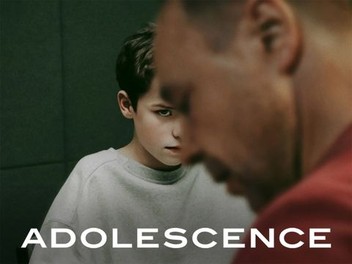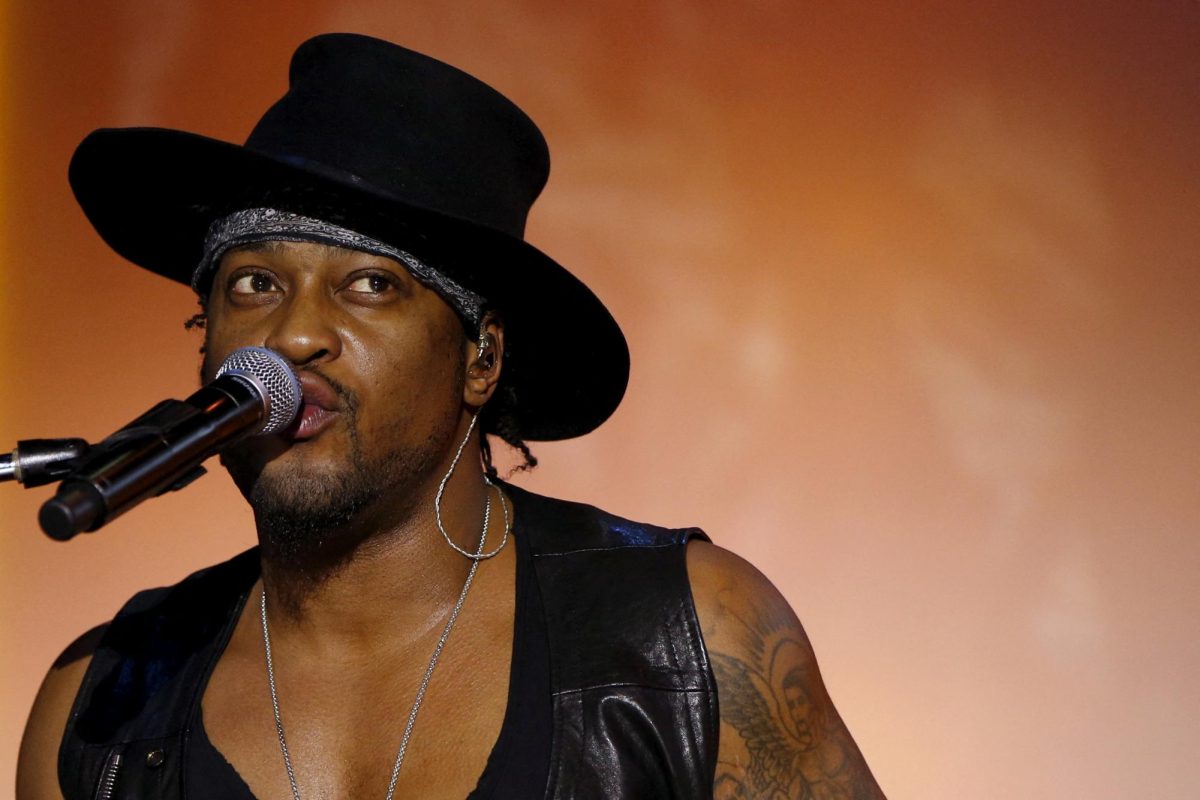
Netflix’s new Limited Series Adolescence has exploded in popularity over the past few weeks. Not since last year’s Baby Reindeer has Netflix produced a series with this much discussion surrounding its themes and social commentary. In a world where the internet is available to kids from as early as they can remember, Adolescence presents a family’s worst nightmare; however, the series goes far beyond being just a warning to parents about the dangers of internet scrolling. Featuring incredible, life-like performances from the entire cast, Adolescence is more than the sum of its parts, and is a story that needs to be experienced.
The series follows a few central characters throughout four different episodes, each one diving deep into a different aspect of a young boy’s life. The boy, named Jamie Miller (Owen Cooper), has murdered one of his classmates in cold blood. After being taken into questioning by DI Luke Bascombe (Ashley Walters) the motive behind the brutal murder is slowly revealed, and, by the end of the series, a full, but tragic, picture is painted. Each of the show’s four episodes follows a different plot point. Episode one deals with Jamie’s arrest and the struggle his family goes through, episode two follows Bascombe as he questions different students at Jamie’s school, episode three is about Jamie’s conversation with a psychologist, and episode four covers Jamie’s family struggling to move on.
Each episode provides something different: a new layer to view the entire series through. On a technical level, each episode is a masterclass of writing, acting and cinematography. In fact, each episode is filmed in one continuous shot with no cuts. In between different “beats” of an episode, such as important conversations or moments of emotional turmoil, the camera will follow characters as they move around a space. This effect is best utilized in episode three, which is just a long conversation between Jamie and his psychologist (Briony Ariston). The continuous shot allows for the viewer to feel like they are experiencing the events of the show along with the characters. While it may seem like nothing more than a gimmick at first, the effect does ultimately elevate the series.
The show’s creator, Stephen Graham, plays Jamie’s father in the series. Eddie Miller acts as the emotional core of the series, providing many of the show’s most gut-wrenching moments. As the plot unfolds, and Jamie’s sinister motives are revealed, Eddie struggles as a father, believing that he has failed his son. The final episode is especially emotionally taxing on both the Miller family and the viewer, ending on a moving note I won’t soon forget.
What often comes to mind when people think of the word “killer” is a calculated, malicious, psychologically disturbed individual who is distinguishable from a crowd. Adolescence presents a 13-year-old boy who seems like he couldn’t hurt anyone: until it is revealed that he did just that. The series uses the viewer’s stereotypes against them, displaying how a young boy can be failed by society to such a degree that he kills another human being. It serves as a call to action, demanding that we as a collective examine and reconsider how we teach younger kids about the world.
This theme is cemented throughout all of Adolescence: we are all at fault. Teachers, parents, the internet, friends, culture, everyone. In episode two, kids at school talk about Andrew Tate and being “red pilled” (“becoming aware of the truth”). In episode three, Jamie discusses his view of women, and in episode four Eddie’s angry outbursts are on full display, something that Jamie inherited. The factors contributing to Jamie’s eventual crime come from every aspect of his life. The series forces the viewer to reflect on how children, and specifically young men, are being brought up in a society where toxic masculinity has become more of the norm.
Graham, when interviewed by The Rolling Stone, describes how he didn’t think the series would be a sensation given its difficult subject matter. But, Adolescence has seemingly struck a nerve with audiences around the world: “Because we have a real crisis going on with young men today, and we’ve got to start talking about it right now. It affects all of us.” (Fear 16). Graham hopes that Adolescence will serve to open up conversation about the cultural shift and how it’s affecting young men, fearing implications of a generation growing up with the internet at their fingertips.
Adolescence is a series worth your time. I’m not normally one for TV, but this series tells an impactful story that deserves to be seen. With only four episodes, the series can be easily binged in one sitting (which I ended up doing against my better judgement). Take the time to watch Adolescence and you won’t regret it. Afterwards, check in on others and ask them how they’re doing. If I gained anything from this series, it showed me just how important it is to check in with others and make sure they’re doing okay. Adolescence is streaming now on Netflix.
Sources:
https://www.cnn.com/2025/03/22/entertainment/adolescence-netflix-teen-boys-wellness-cec/index.html



















